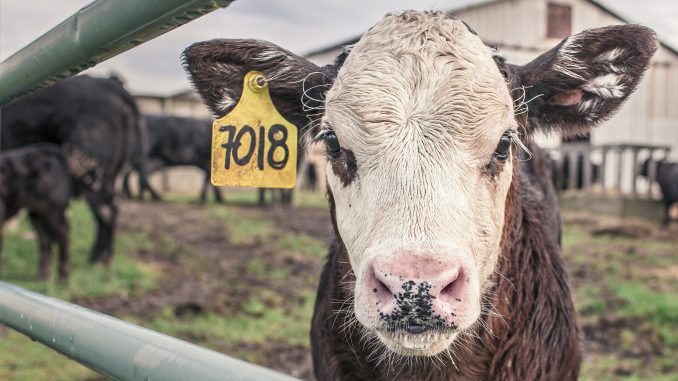
Climate change is one of the biggest threats to the security of our food supply. Rising global temperatures and increased rainfall, along with more extreme weather, impact crops and livestock, and can result in food shortages.
Food production is also a major contributor to global warming. It’s estimated that agriculture and forestry account for around a quarter of greenhouse gas emissions. Livestock contributes to global warming through methane gas from the animals and through deforestation.
In a report released by the UN, experts say that high consumption of meat and dairy products in the West is fuelling global warming, and that switching to a plant-based diet to help to deal with this problem.
The document was put together by scientists for the UN’s Intergovernmental Panel on Climate Change (IPCC). It called for action to slow damage to the soil, increasing carbon emissions, and desertification – all of which contribute to climate change,
However, the authors of the report said that everyone becoming vegan or vegetarian wouldn’t necessarily be needed. They said that, if individuals cut down on meat consumption, land could be used more effectively and more people could be fed using less land.
“We’re not telling people to stop eating meat. In some places people have no other choice. But it’s obvious that in the West we’re eating far too much,” said one of the authors, Prof Pete Smith, an environmental scientist from Aberdeen University, UK.
In addition, scientists have warned that a shortage of phosphorus in the soil in some places could hinder tree growth, as this is essential for plants to grow.
Dr Katrin Fleischer, from the Technical University of Munich, Germany said: “This would mean that the rainforest has already reached its limit and would be unable to absorb any more carbon dioxide emissions. If this scenario turns out to be true, the Earth’s climate would heat up significantly faster.”
Soil is the second largest store of carbon, after the oceans, and is an important part of the climate system. Deforestation and other farming practices can damage this process, meaning that CO2 is released back into the atmosphere.
The report says that reversing the damage to the soil could immediately benefit communities. Along with better land management, it could boost soil fertility and food security in many areas.
Professor Smith said: “It’s really clear that the land’s being degraded through over-exploitation – and that’s making climate change worse. The land is part of the problem but if we wise up about the way we use it, it can part of the climate solution.”


Leave a Reply